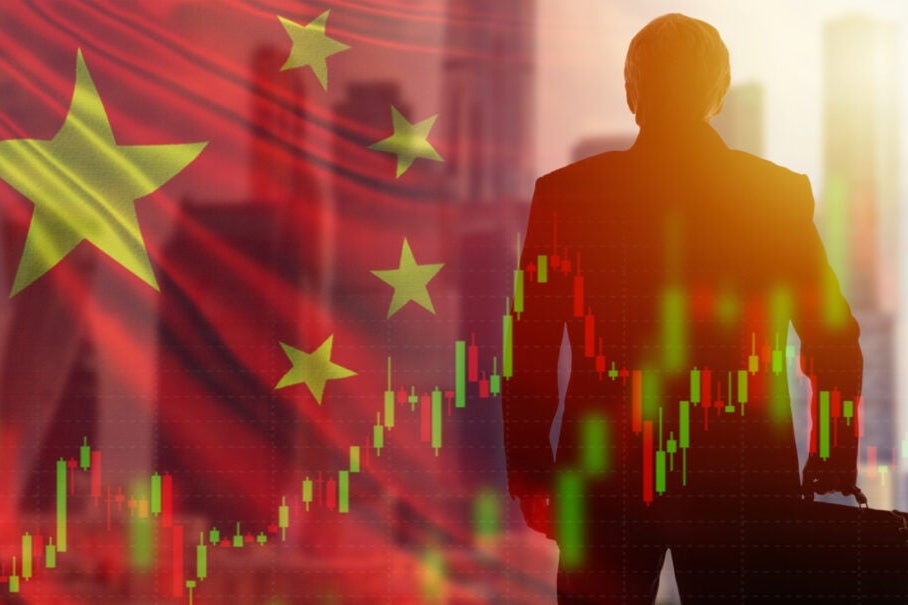China stocks are taking a breather on Thursday after staging an impressive rally in recent weeks on the back of mounting stimulus optimism. Here’s a look at what’s going on.
What To Know: Chinese indices ended their 13-day win steak on Thursday as markets tilted to risk-off amid rising concerns over ongoing Middle East tensions, according to Bloomberg.
China reportedly added $3.45 trillion in shareholder wealth over the past two weeks as China stocks saw their biggest fund inflows in two decades.
The surge in Chinese stocks came after China announced its most aggressive stimulus measures since the pandemic and promised that it would deploy “necessary fiscal spending” to meet its economic growth target of 5%.
Chinese stocks continued to climb after China announced over the weekend that it would allow for the refinancing of mortgages, giving home buyers immediate benefits from lower interest rates.
The moves out of China represent the country’s latest attempts to revive an economy that has battled deflationary pressures and growth headwinds due to property declines and wavering consumer confidence.
Several U.S.-listed Chinese stocks are pulling back Thursday including Alibaba Group Holding Ltd BABA, JD.com Inc JD, Baidu Inc BIDU and PDD Holdings Inc PDD. All of the aforementioned names were down roughly 5% at the time of writing. Despite the pullback, Alibaba and Baidu shares are still up about 40% over the past month, while JD is up about 70% and PDD Holdings is up about 65%.
China-based EV names were also seeing weakness. NIO Inc NIO was down 5.13% at $6.84, XPeng Inc XPEV was down 5.17% at $12.65 and Li Auto Inc LI was down 4.08% at $26.68 at the time of writing.
Check This Out: China’s Stimulus Creates Huge Bullish Option Trades
Why It Matters: Bloomberg reported that Chinese markets are reacting to rising concerns over a potentially widening war in the Middle East. The tensions pose several threats to emerging markets, which has dampened optimism around China’s recent stimulus push.
“The conflict definitely weighs on sentiment but may have different fundamental impacts across emerging-market countries,” said Fredrik Bjelland, portfolio manager of the Skagen Kon-Tiki emerging-market fund.
“In the short term, I would expect any negative impact to first be geographically linked but on a longer-term horizon to be more fundamentally linked. An elevated risk premium in the oil market could have consequences for import-dependent countries.”
Although China stocks are taking a breather on Thursday, analysts largely remain positive. HSBC upgraded Chinese stocks to Overweight, noting that it’s still “not too late” to jump in, while Morgan Stanley suggested China stocks could rally another 10% to 15% from current levels.
Read Next:
Photo: Shutterstock.
Market News and Data brought to you by Benzinga APIs
© 2024 Benzinga.com. Benzinga does not provide investment advice. All rights reserved.


